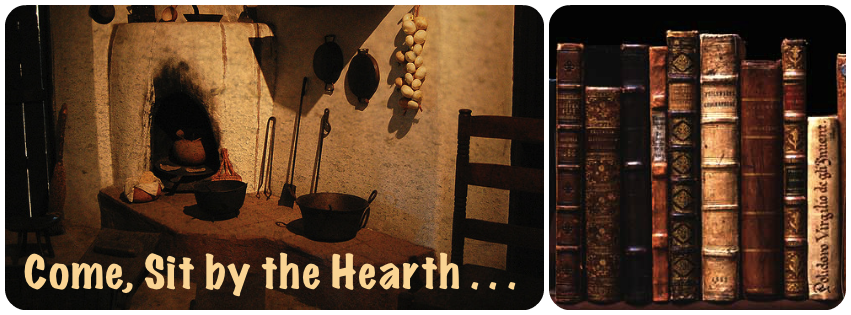Families in the Pakistani city of Karachi have buried their dead after a fire engulfed a garment factory with workers trapped inside, killing at least 264 people.
Please spare a thought for the victims and their loved ones in this devastating time.
SHIRT
- Robert Pinsky
The back, the yoke, the yardage. Lapped seams,
The nearly invisible stitches along the collar
Turned in a sweatshop by Koreans or Malaysians
Gossiping over tea and noodles on their break
Or talking money or politics while one fitted
This armpiece with its overseam to the band
Of cuff I button at my wrist. The presser, the cutter,
The wringer, the mangle. The needle, the union,
The treadle, the bobbin. The code. The infamous blaze
At the Triangle Factory in nineteen-eleven.
One hundred and forty-six died in the flames
On the ninth floor, no hydrants, no fire escapes--
The witness in a building across the street
Who watched how a young man helped a girl to step
Up to the windowsill, then held her out
Away from the masonry wall and let her drop.
And then another. As if he were helping them up
To enter a streetcar, and not eternity.
A third before he dropped her put her arms
Around his neck and kissed him. Then he held
Her into space, and dropped her. Almost at once
He stepped up to the sill himself, his jacket flared
And fluttered up from his shirt as he came down,
Air filling up the legs of his gray trousers--
The nearly invisible stitches along the collar
Turned in a sweatshop by Koreans or Malaysians
Gossiping over tea and noodles on their break
Or talking money or politics while one fitted
This armpiece with its overseam to the band
Of cuff I button at my wrist. The presser, the cutter,
The wringer, the mangle. The needle, the union,
The treadle, the bobbin. The code. The infamous blaze
At the Triangle Factory in nineteen-eleven.
One hundred and forty-six died in the flames
On the ninth floor, no hydrants, no fire escapes--
The witness in a building across the street
Who watched how a young man helped a girl to step
Up to the windowsill, then held her out
Away from the masonry wall and let her drop.
And then another. As if he were helping them up
To enter a streetcar, and not eternity.
A third before he dropped her put her arms
Around his neck and kissed him. Then he held
Her into space, and dropped her. Almost at once
He stepped up to the sill himself, his jacket flared
And fluttered up from his shirt as he came down,
Air filling up the legs of his gray trousers--
Like Hart Crane's Bedlamite, "shrill shirt ballooning."
Wonderful how the patern matches perfectly
Across the placket and over the twin bar-tacked
Corners of both pockets, like a strict rhyme
Or a major chord. Prints, plaids, checks,
Houndstooth, Tattersall, Madras. The clan tartans
Invented by mill-owners inspired by the hoax of Ossian,
To control their savage Scottish workers, tamed
By a fabricated heraldry: MacGregor,
Bailey, MacMartin. The kilt, devised for workers
to wear among the dusty clattering looms.
Weavers, carders, spinners. The loader,
The docker, the navvy. The planter, the picker, the sorter
Sweating at her machine in a litter of cotton
As slaves in calico headrags sweated in fields:
George Herbert, your descendant is a Black
Lady in South Carolina, her name is Irma
And she inspected my shirt. Its color and fit
And feel and its clean smell have satisfied
both her and me. We have culled its cost and quality
Down to the buttons of simulated bone,
The buttonholes, the sizing, the facing, the characters
Printed in black on neckband and tail. The shape,
The label, the labor, the color, the shade. The shirt.
Wonderful how the patern matches perfectly
Across the placket and over the twin bar-tacked
Corners of both pockets, like a strict rhyme
Or a major chord. Prints, plaids, checks,
Houndstooth, Tattersall, Madras. The clan tartans
Invented by mill-owners inspired by the hoax of Ossian,
To control their savage Scottish workers, tamed
By a fabricated heraldry: MacGregor,
Bailey, MacMartin. The kilt, devised for workers
to wear among the dusty clattering looms.
Weavers, carders, spinners. The loader,
The docker, the navvy. The planter, the picker, the sorter
Sweating at her machine in a litter of cotton
As slaves in calico headrags sweated in fields:
George Herbert, your descendant is a Black
Lady in South Carolina, her name is Irma
And she inspected my shirt. Its color and fit
And feel and its clean smell have satisfied
both her and me. We have culled its cost and quality
Down to the buttons of simulated bone,
The buttonholes, the sizing, the facing, the characters
Printed in black on neckband and tail. The shape,
The label, the labor, the color, the shade. The shirt.
In a wonderful set piece called "Shirt," Pinsky broods over his purchase of a shirt. The technical terms for shirt-making in their turn evoke Korean sweatshops, the Triangle Factory fire, Scottish mills, and a black South Carolina shirt "inspector" named Irma, along with planters and pickers and sorters, weavers, carders, and loaders.By the end of the poem, the plain sportshirt has become a mythological shirt of flame, a history laid on the poet’s back.
- J.D. McClatchy, New Republic.
We are use to having a vast selection of consumer goods at low prices, but we are insulated from the real prices of the things we buy.
Our industries send our jobs overseas because the labor is cheaper. The labor is cheaper because those workers do not have the protections afforded our own workers. Without those protections these workers often subsidize our purchases with their very lives.


No comments:
Post a Comment